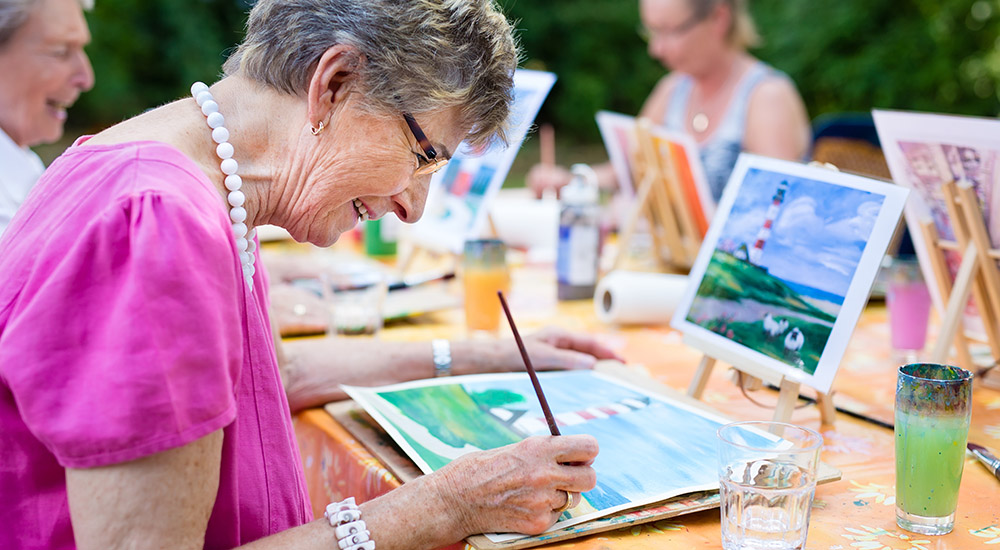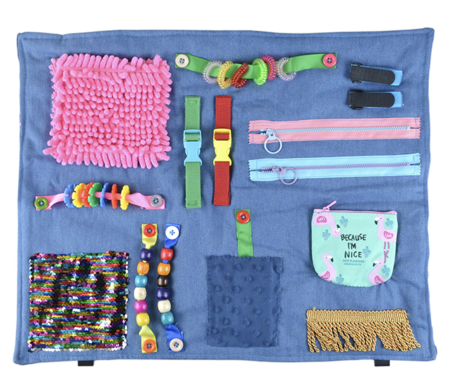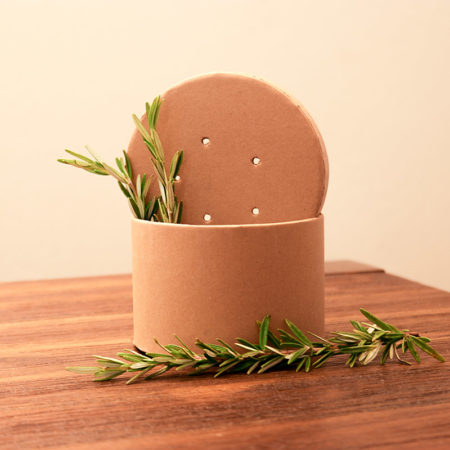
Caregivers need to be creative in planning activities for dementia patients, keeping in mind that what works for one person may not work for another. Know your person and get creative when creating an activity for them. What did they consider to be their identity before the illness took hold? How can you help them to still connect with that piece of themselves, while modifying for their changed abilities?
Painting/drawing: Art brings joy to many, but you may need to adjust the method for those whose declining fine motor skills prevent holding brushes and the like. Suggest a theme or provide a couple of inspiration images. Be mindful that abstract objects may be confusing to a person with cognitive decline; stick with simple subjects, landscapes, and animals.
A paint-with-water kit can simplify painting yet be just as pleasurable. Reusable pages are white with line drawings. Water from a special pen activates color embedded on the pages.
Tactile crafts: Studies have shown that people with dementia find the sensory experience of touching different textures to be soothing. A fidget handmuff or lap blanket adorned with tied-on trinkets, buttons, knots, and patches of different types of fabrics will keep hands busy.

Sensory pouch/squish bag: Choose a theme and add related objects to a heavy-duty Ziploc plastic bag (quart size is ideal); examples are miniature shells, buttons, dried pasta pieces, or coins. Next, fill the bag to about half-full with clear hair gel or thick hand soap. Squeeze out the air, close the bag, and reinforce all four sides with duct tape or similar. The resulting product provides sensory stimulation when squeezed, and the objects inside offer an opportunity for discussion.
Sorting activities: These should be created with the specific person in mind. For example, if a person used to get purpose and joy from puttering around their workbench in their garage, set them up to sort through a tub mixed with screws, nuts and bolts. Ask them to “help” by sorting them into individual containers. Visual cues may be necessary like, taping a picture of a screw on the container meant for screws, etc. It may also be necessary to simplify; maybe only have them sort two items instead of three.
Order a bulk lot of pens (misprinted business-branded pens are sold on Amazon by the box load). Remove the ink tube from several of them. Ask the person to sort them, checking which ones work and which ones don’t.
Someone who used to find joy and fulfillment from knitting can roll loose yarn into balls. A former quilter may be willing to sort through already cut quilt squares and organize them by color or pattern theme.
Scent boxes: Many people can more easily recall memories that are connected to an aroma. Gather small paper boxes and poke holes in the lids. Salt shakers work too, but you’ll need to paint the sides to conceal the contents in order for this game to work. Fill each container with different fragrant objects, such as a dryer sheet, coffee beans, a strong herb like rosemary, pine needles, or something unique to the patient’s background. Let the person breathe in the scent and ask them what the smell reminds them of. To get the conversation going, you may need to offer suggestions.

Photo books: A person living with dementia can usually connect in a positive way to photos or music from a long time ago. Ask them to sit with you and tell you about the photos in a photo album. Regardless of whether their reminiscences are accurate or not, if they are enjoying telling you stories, allow them to share. If personal photographs aren’t available, try a photography book on a topic of interest. Similarly, music from their youth can be pleasurable to listen and dance to, even if dancing only involves swaying from side to side while sitting in a chair or clapping along.
You might also like to read:
What is sundowning?
Dementia and Boredom
Dementia and the Brain’s Emotional Center
Hope Hospice’s Dementia Services